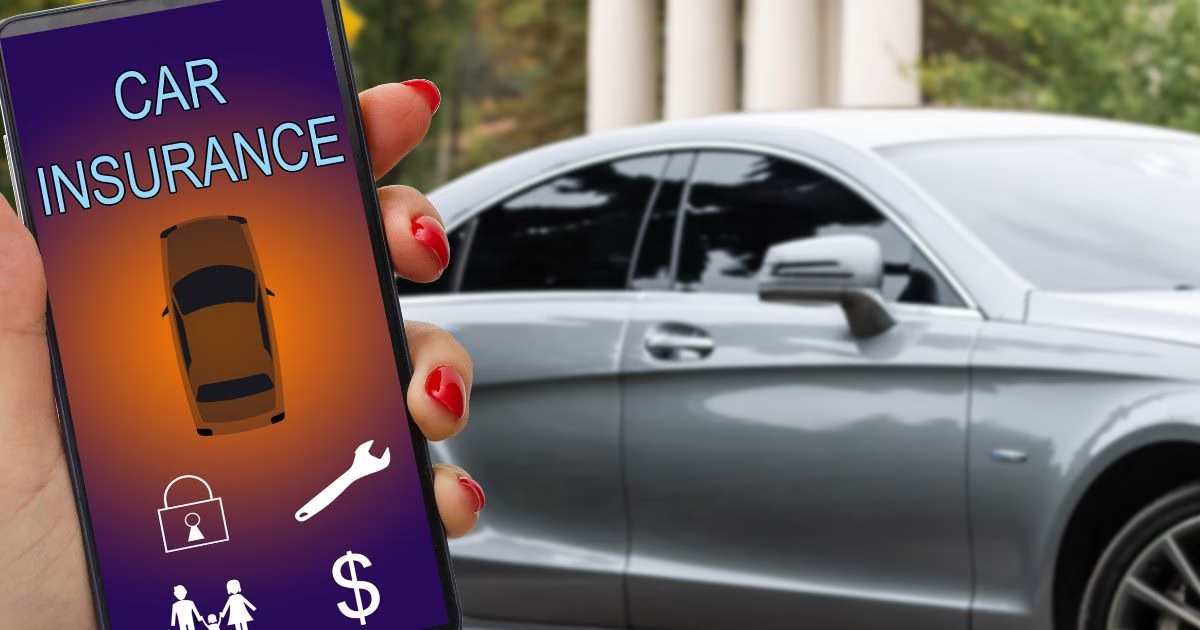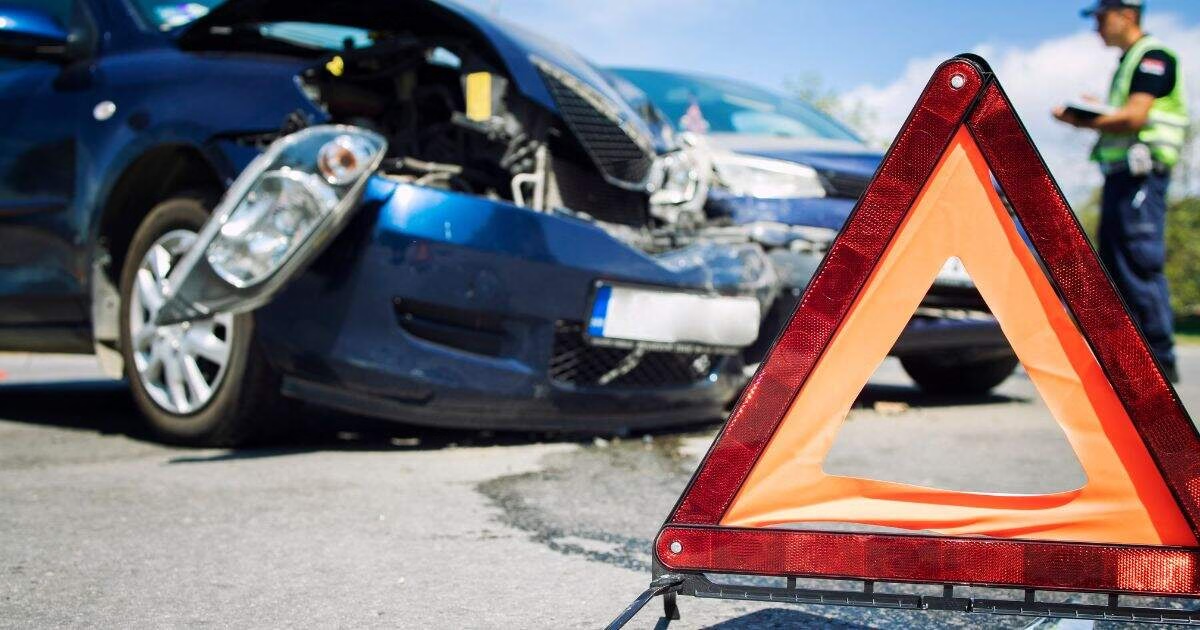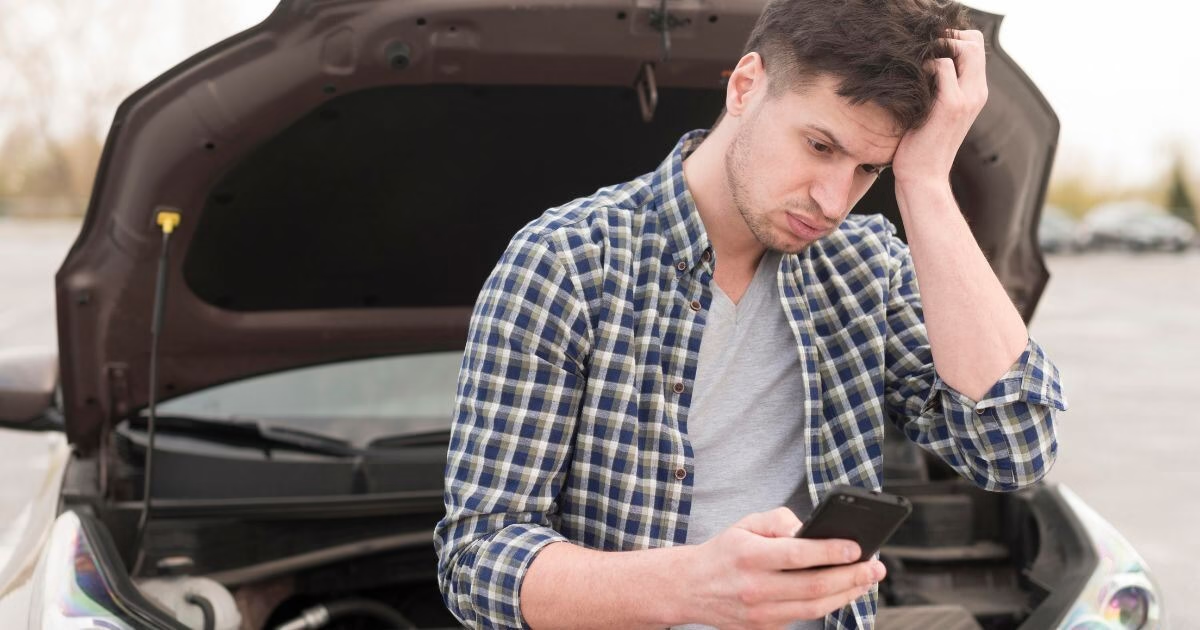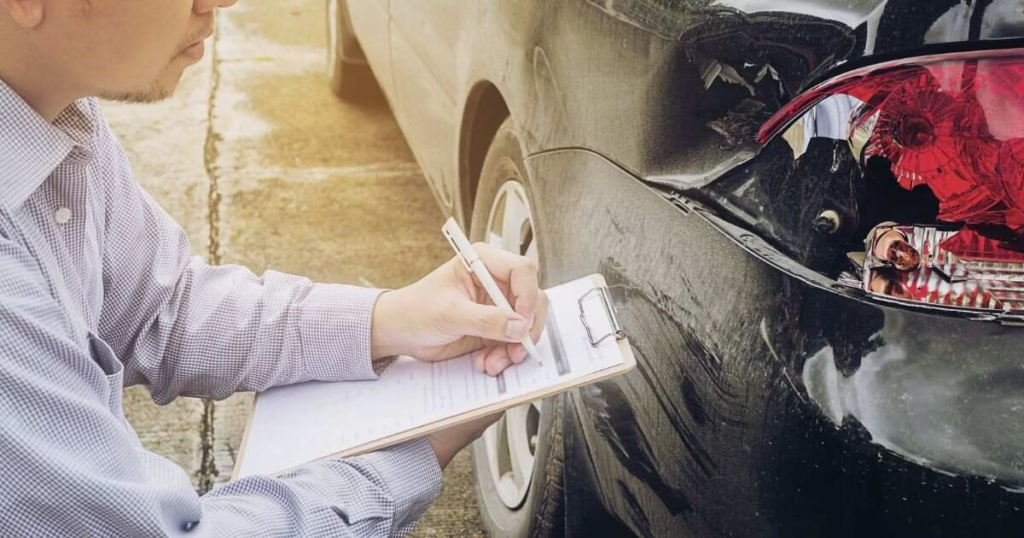Does Health Insurance Cover Car Accidents?
Does Health Insurance Cover Car Accidents? Ever been in a car accident and wondered, “Will my health insurance actually help me with this?” You’re not alone. Accidents are stressful enough without the added confusion of who pays for what. The short answer is yes—health insurance can cover car accident injuries, but it depends on a bunch of variables. Let’s break it all down.
Understanding the Basics of Health Insurance
This section gives you a foundation. Before diving into how health insurance plays a role in car accidents, it’s important to understand what it is and what it typically includes.
What is Health Insurance?
Health insurance is a plan you pay for monthly (a premium) that helps cover your medical expenses. It includes doctor visits, surgeries, and prescription drugs, depending on your coverage.
What Does It Typically Cover?
Most policies cover preventive care, emergency services, hospitalization, mental health, and medications. However, car accident injuries are a gray area that depend on how your auto insurance and health insurance interact.
What Happens After a Car Accident?
After a crash, there’s a series of steps involving medical care and contacting insurance. This section helps you understand what to expect immediately after the incident.

Immediate Medical Attention
Whether it’s minor or serious, getting prompt care is essential. Emergency services often don’t wait for insurance details, so the bills can come later—leaving you wondering who pays.
Role of Insurance Providers
Your auto and health insurance providers work together (or sometimes clash) to determine who covers what. This coordination affects how fast your bills get paid.
Does Health Insurance Pay for Car Accident Injuries?
This section answers the central question. Health insurance can cover your injuries—but not always as the first payer.
Primary vs. Secondary Coverage
Auto insurance—through PIP or MedPay—is usually the first in line to pay for accident injuries. Once those are maxed out, your health insurance becomes the secondary payer.
Deductibles and Copays
Even if health insurance kicks in, you’re still on the hook for deductibles, copays, and services not covered under your plan.
How Auto Insurance Interacts with Health Insurance
Health and auto insurance policies don’t exist in silos—they’re connected. This section explains how these policies overlap and affect your coverage.

Personal Injury Protection (PIP)
PIP is mandatory in many states and automatically covers your medical expenses after an accident, regardless of who caused it.
Medical Payments Coverage (MedPay)
MedPay is optional and covers smaller medical costs (like ambulance rides or X-rays), filling in gaps when you don’t have PIP or if your deductible is high.
When Auto Insurance Pays First
In most cases, your auto insurance will always pay first, especially if you have PIP or MedPay. Only when those limits are hit does health insurance step in.
When Health Insurance Kicks In
This section helps you understand when and why health insurance steps up in a car accident scenario.
After Auto Insurance is Exhausted
Once your PIP or MedPay benefits are maxed out, your health insurance becomes the primary payer for further treatments like surgeries, therapy, and follow-ups.
Non-Emergency Treatments and Rehabilitation
Health insurance often takes over the long game—things like physical therapy, prescriptions, and follow-up appointments not immediately covered by auto insurance.
Limitations and Exclusions in Health Insurance
Not everything is covered by health insurance. This section helps you spot the fine print that could leave you paying out of pocket.
Out-of-Network Providers
If you get treatment from a doctor or hospital outside your health plan’s network, your insurer may pay less—or nothing at all—leaving you to cover the difference.
Policy-Specific Exclusions
Some plans exclude coverage for injuries sustained during a car crash, especially in certain high-risk or DUI-related situations. It’s crucial to read your policy.
Who Pays First – Health or Auto Insurance?
In most cases, auto insurance pays first. If you don’t have PIP or MedPay, health insurance may end up covering more—but not without limits and out-of-pocket costs.
Filing a Claim – Step-by-Step Guide
Dealing with insurance after an accident can feel like a maze. This section walks you through the process clearly.
Gather Necessary Information
Collect police reports, medical records, photos of the accident, and witness info. Being organized helps prevent claim delays.
Communicate with Both Insurers
Tell both your health and auto insurers about the accident. Don’t assume one will contact the other—they won’t. Clear communication helps coordinate benefits effectively.
Read More: Can Mental Health Nurse Practitioners Prescribe Medication?
Legal Considerations and State Laws
Laws vary depending on where you live. This section explains the legal side of how car accidents and insurance intersect.
No-Fault vs. At-Fault States
In no-fault states, your own insurance pays for your injuries no matter who caused the crash. In at-fault states, the at-fault driver’s insurance is responsible.
Subrogation Explained
Subrogation allows your health insurer to seek repayment from the at-fault driver’s insurer. If they succeed, it might reduce your final settlement—so be aware.
Role of Medicaid and Medicare in Car Accidents
If you’re on Medicaid or Medicare, these programs will pay only after your auto insurance has paid what it’s supposed to. They also have strict rules and may demand reimbursement if you get a legal settlement.

How to Make Sure You’re Fully Covered
Being reactive isn’t enough. This section teaches you how to prepare ahead of time so you’re financially protected in case of an accident.
Reviewing Your Policies
Know what your health and auto policies cover. Call your insurer and ask about car accident scenarios specifically.
Adding Supplemental Coverage
Consider buying PIP, MedPay, or even gap insurance if your car is financed. A little extra each month can save thousands later.
Tips to Handle Medical Bills After a Car Accident

- Contact the billing department early.
- Ask about discounts or payment plans.
- Use your HSA/FSA if available.
- Keep copies of all paperwork.
These small steps can reduce your stress and save you money.
Real-Life Examples
Sarah’s PIP covered her ER visit, but she needed physical therapy. Her health insurance stepped in—after a $1,200 deductible.
Mike had no MedPay or PIP, so his health insurance paid everything—but claimed reimbursement from his legal settlement.
Conclusion
So, does health insurance cover car accidents? Yes—but it’s a layered process. Usually, auto insurance pays first. If you exhaust that, health insurance steps in, though with limitations. The key is knowing your coverage, understanding your policies, and preparing before an accident happens. That way, you won’t just survive a crash—you’ll recover with fewer financial headaches.
FAQs
- Can I choose whether to use health insurance or auto insurance first?
In most cases, auto insurance is required to pay first if you have PIP or MedPay. - Will health insurance cover me if I was at fault in the crash?
Yes, health insurance typically doesn’t consider fault, but auto insurance still pays first. - What happens if I don’t have health insurance?
You may have to pay out-of-pocket or rely on auto insurance alone, which might not be enough. - Is it worth getting MedPay if I already have health insurance?
Yes. It helps cover copays, deductibles, and bills your health insurance won’t fully pay. - Can I get treatment from any doctor after an accident?
Only if your health insurance allows it. Out-of-network doctors may cost you more.

